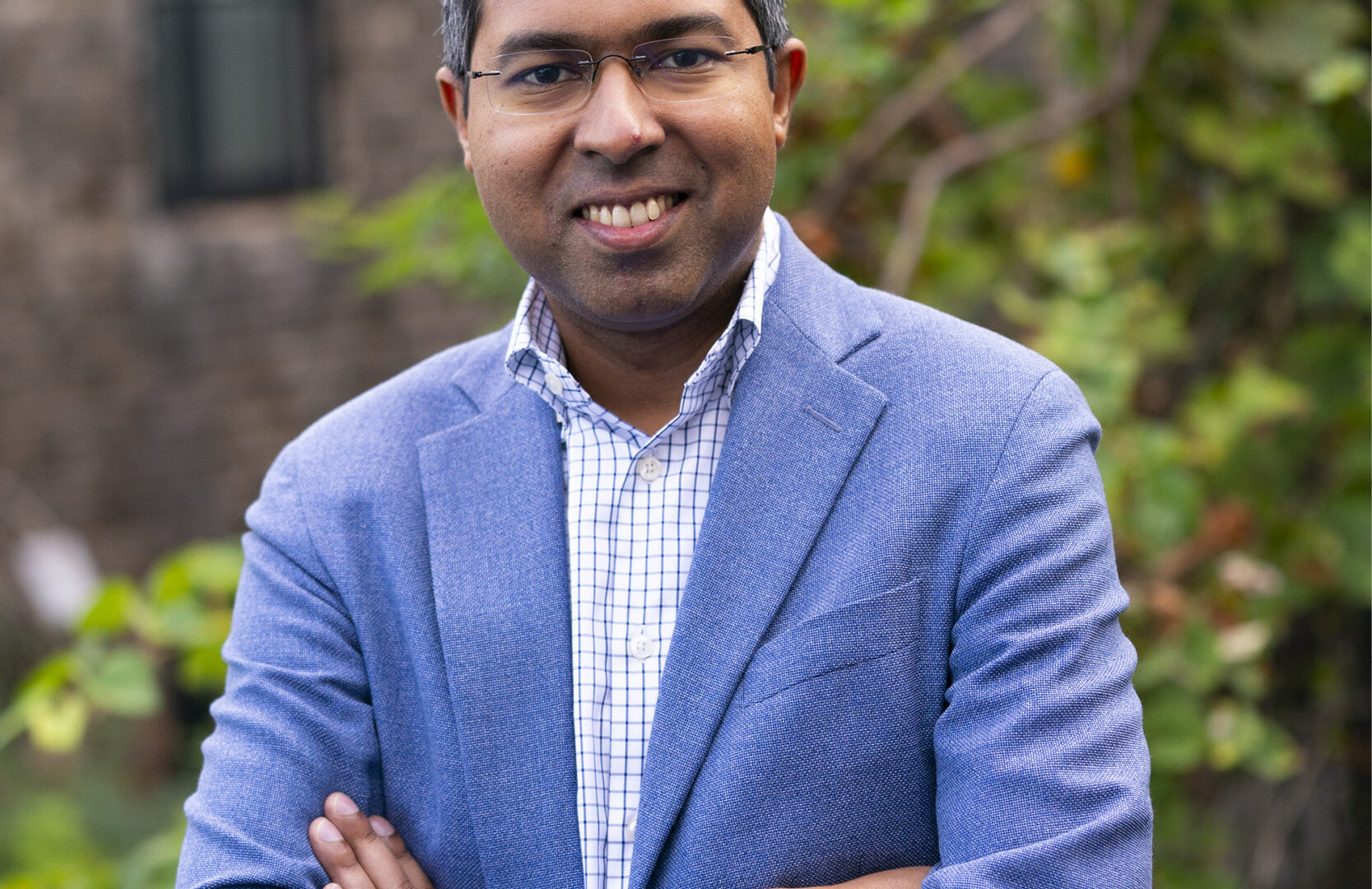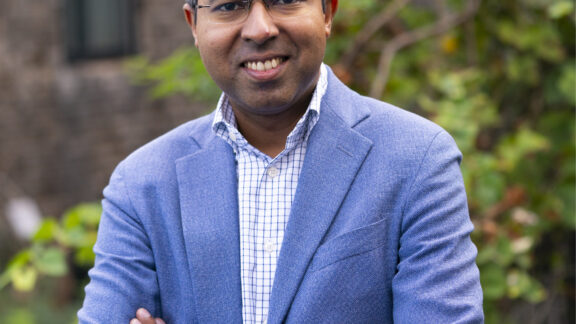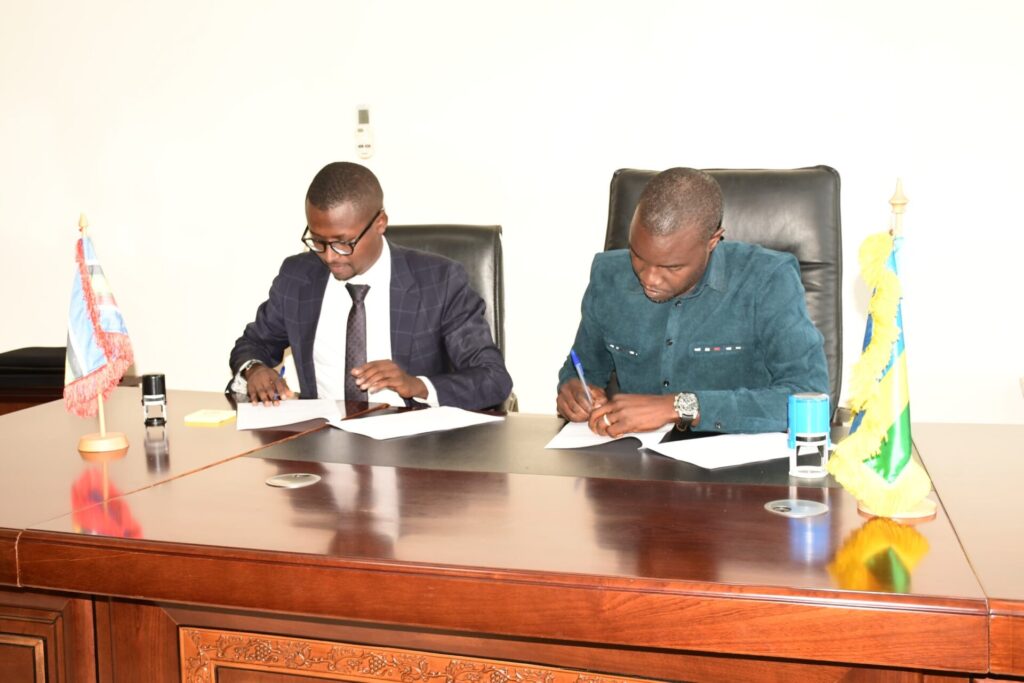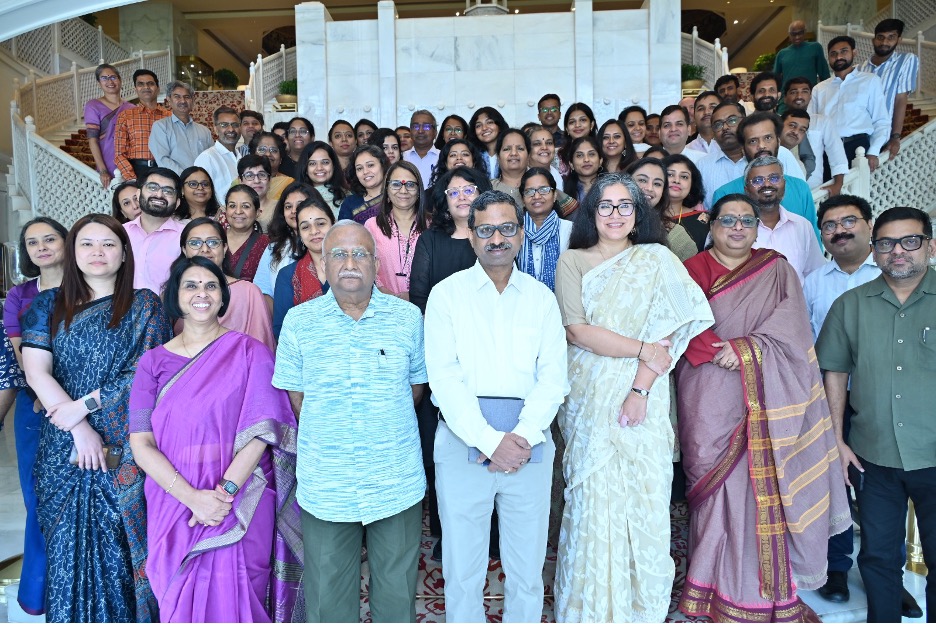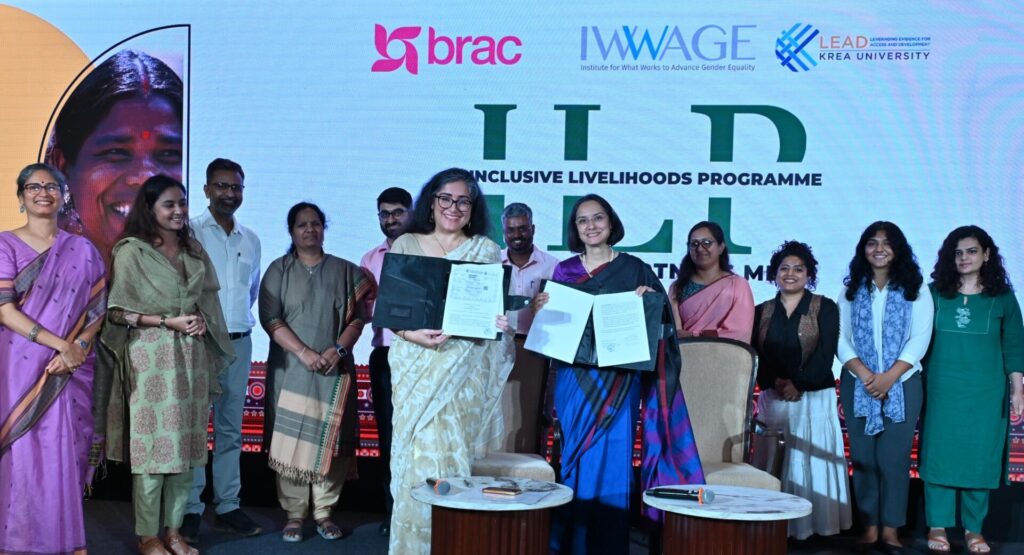This op-ed was originally published in Le Monde on May 31, 2024.
Shameran Abed and Esther Duflo advocate for supporting and expanding programs that have proven successful in developing countries in this op-ed.
One of the main projects for the G20 under the Brazilian presidency is the creation of a global alliance against hunger and poverty, the main aim of which is to reverse the trend of decline recorded in the achievement of the first two SDGs launched by the United Nations in 2015: reducing extreme poverty and hunger in the world. It can be done and it must be done.
The United Nations set itself the ambition of eradicating extreme poverty, defined as living on less than 2.15 dollars (1.99 euros) per day, and hunger in the world. But, after decades of improvement, recent crises (the Covid-19 pandemic, inflation and debt) have meant that the number of people in extreme poverty is no longer decreasing. And, according to the criteria of the Integrated Food Security Phase Classification, used by NGOs and international institutions, 173 million people are today facing a serious food crisis. Some food crises (in Sudan, Gaza) are due to wars and insecurity. Others are linked to weather crises. The world has enough food for everyone: at the origin of every famine there is a political failure.
The climate crisis is looming on the horizon and is already hitting the world’s poorest citizens hard, even though they contribute the least to the problem.
The problems linked to poverty and those linked to climate change exacerbate each other. Because they work more often outside, particularly in agriculture or construction, the poor are more exposed to climatic hazards. In turn, a climatic event can deprive someone of their livelihood and push them into poverty.
But now is not the time to lose hope. Even with climate change, extreme poverty is not an insurmountable problem. We have the necessary resources and tools. While the goal of ending extreme poverty by 2030 may seem ambitious, considerable progress has been made over the past fifty years. The number of people living in poverty at the current $2.15 threshold has increased from more than 2 billion in 1990 to 659 million in 2019.
Esther Duflo, Nobel Prize winner in economics: “We must offer compensation to the world’s poorest citizens and help them adapt to climate change”
Economic growth has played a role, but government action has been just as essential.
Financial constraints should not be used as an excuse. Governments in the Global South already spend tens of billions of dollars a year on anti-poverty programs, and could do so more effectively. The contributions of Northern countries must be strengthened, if only to compensate for the damage caused by current CO2 emissions. Between the two, we can close the poverty eradication financing gap.

